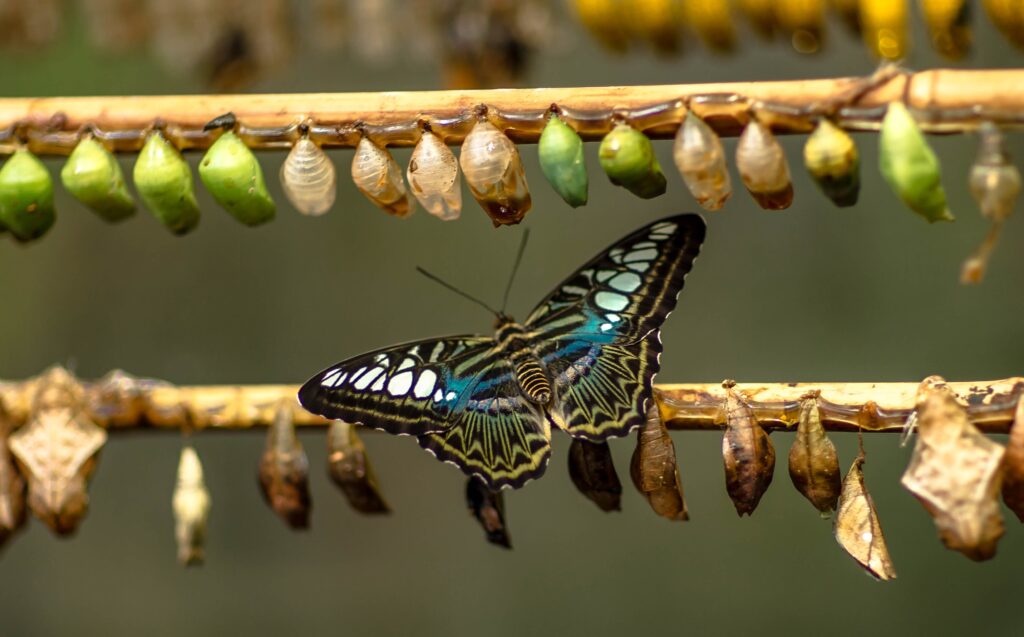Most of us remember that first day at secondary school. We’d grown up through the primary classes to finally reach “top billing”. We knew our way around that little school like the backs of our hands. We knew all the teachers like our own families. The kids were all recognised by sight if not name and everyone knew us. But there was a sense of having outgrown this place as each new school year brought a new intake of tinier kids further removed from ourselves. Then one day, dressed in our new school uniform that was just a little too big and too new, we arrived at a school the size of a small city. Kids as big as adults crowded unfamiliar hallways and staircases and we felt like we’d never get to know our way around. We hung onto the handful of friends making this transition with us for comfort and familiarity. It was full of anticipation and anxiety in equal measure. We were desperate to grow up and gain independence, but also scared of leaving behind the safety and familiarity of early childhood.
This duality of emotion is common to many of life’s transitions. Whether it’s a new school, a new house, a new job, a new relationship or becoming parents, we move through a sense of loss and a time of uncertainty with a belief that there will be something good at the end when we reach the new normality. Some of life’s transitions may prove harder to find the positive or anything to look forward to. With a divorce or a bereavement, the loss and grief can overwhelm any concept of a future, or it can be difficult to imagine how that future will look. And yet it’s important to believe that we can still have hope in these situations and we can still achieve a new normality one day that includes happiness.

How we cope with transitions and how stressful we find them may depend on cognition and emotion as much as the idea that a particular type of event is inherently difficult. We can’t say that everyone will equally find a transition hard work as there are many factors that determine these things. Becoming a parent is a completely different ballgame if you are a single 16 year old mum with an unplanned baby and you don’t have anywhere to live or any social support, compared to a woman who is 30 with a planned baby, a decent income and a supportive partner and family. That’s not to say the older mother wouldn’t still have a hard time adjusting to her new identity as a mother, a baby that is more challenging than she expected and the changes in her relationship with her partner.
So how can we help ourselves through transitions? There are a few things we can do to make those big life events a little easier:
- Accept the loss, and incorporate it
Allowing ourselves to grieve for whatever it is we are leaving behind. Moving to a new city or country you will experience homesickness; missing friends or family, your old home and all the memories you made there. It’s okay and normal to feel loss, and sometimes to have doubts about the changes you are making. Eventually those losses become less painful and instead become happy memories that were a part of your life journey.
- Acknowledge the uncertainty
A time of transition brings with it a feeling of disconnection. We have lost something familiar, and we are heading towards a new normality, but until we reach that we may float around not knowing if we are doing the right thing. Our relationships with every part of our lives may feel strange and unnatural. Accepting this can help us ride the waves and know that things will work out eventually. It helps to identify other transitions you have been through and remember a familiar feeling in the past. - Find gratitude for the positives
Practicing gratitude is an incredibly valuable skill for life. Focusing on what is going right instead of what isn’t helps build our resilience and make the journey smoother for yourself and those around you. - Visualise the future
Knowing that there will be an end to this time of uncertainty will make the transition bearable. Remember past transitions that you worked through and led to a new sense of normality.
We can’t avoid transitions, life will always change and we have to adapt. But we can approach them in a healthy way with acceptance and gratitude and a sense of hope for the future.